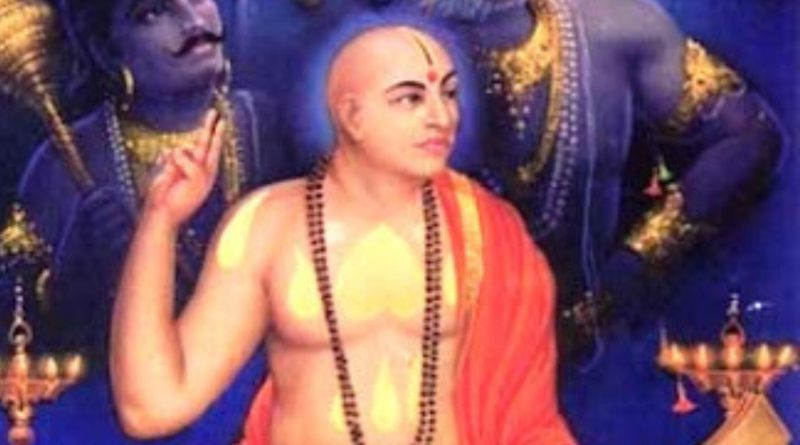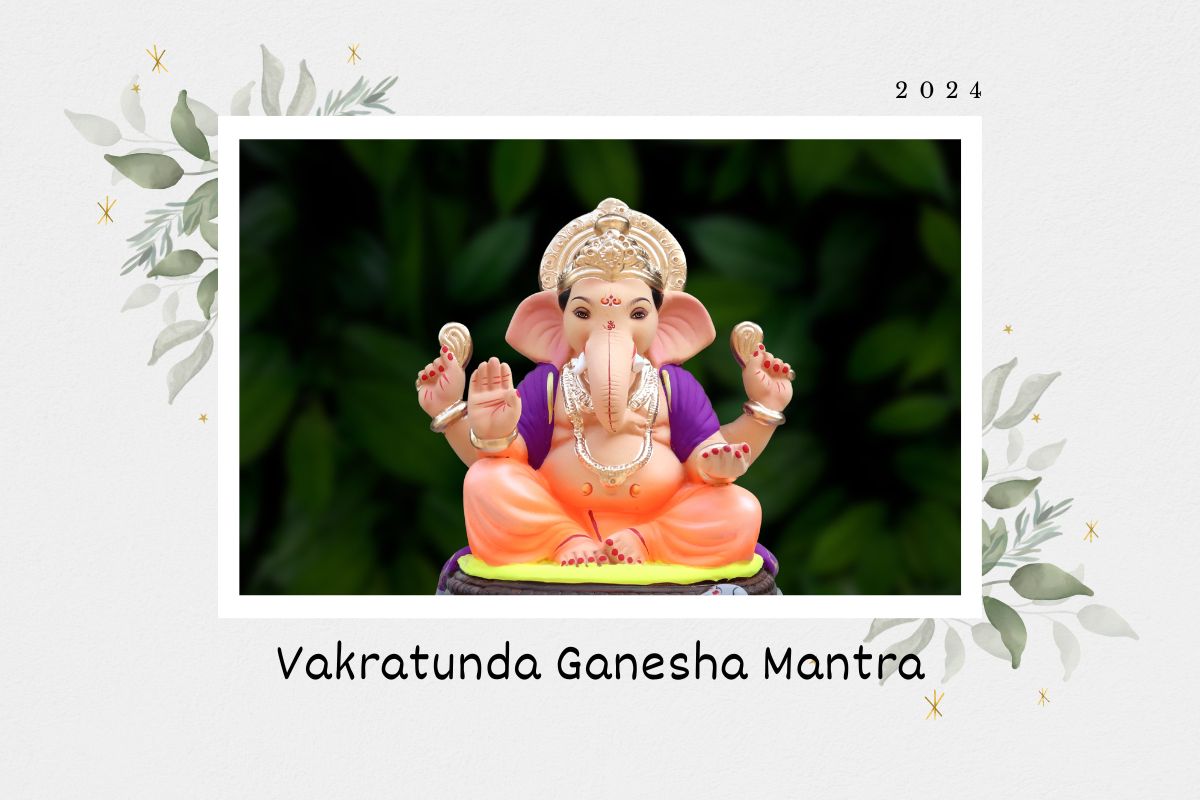Shri Madhvacharya: Illuminating the Path of Dvaita Vedanta
Shri Madhvacharya, a luminary in the firmament of Indian philosophy, left an indelible mark with his profound teachings and unwavering devotion. Born in 1238 C.E., his life became a beacon that illuminated the path of Dvaita Vedanta, shaping the spiritual landscape of India.
Philosophy and Ideology:
Madhvacharya propounded the philosophy of Dvaita Vedanta, asserting the fundamental duality between the individual soul (Jivatma) and the supreme reality (Paramatma). His doctrine emphasized the eternal distinction between God, the individual soul, and the material world.

Birth History and Significance in Indian Sanskriti:
Born in Udupi, Karnataka, Madhvacharya’s life unfolded against the backdrop of devotion and scholarship. His arrival was considered a divine intervention, heralding a sage whose teachings would resonate through the corridors of time. His impact on Indian sanskriti extended beyond philosophical realms, influencing art, literature, and culture.
Teachings and Preachings:
Madhvacharya’s writings, encompassing commentaries on the Vedas, Upanishads, and the Bhagavad Gita, elucidate the intricacies of Dvaita Vedanta. His rigorous scholarship, crystal-clear logic, and unwavering commitment to truth enriched the philosophical discourse. The Tattvavada, or the philosophy of reality, became a cornerstone of his teachings.
Madhvacharya’s contributions to Indian philosophy extended beyond metaphysics. He established the eight mathas in Udupi, each dedicated to the worship of a different deity, fostering a holistic approach to spiritual practice. The Dvaita school he founded continues to be a vibrant tradition in the tapestry of Indian philosophical thought.
Dvaita Vedanta:
- Emphasis on the eternal duality between the individual soul (Jivatma) and the supreme reality (Paramatma).
- Distinct separation between God, the individual soul, and the material world.
Importance of Bhakti:
- Advocacy for intense devotion (bhakti) as the primary means to attain moksha (liberation).
- Devotion not as a sentiment but as a conscious act of surrender to the divine.
“Dvaita Siddhanta, Tatvavada Siddhanta, Taratamya Siddhanta.”
– Madhvacharya
Scriptural Authority:
- Emphasis on the authority of the Vedas, Upanishads, and other sacred texts.
- Rigorous scholarship and interpretation of scriptures to establish the tenets of Dvaita philosophy.
Mathas and Worship:
- Establishment of eight mathas in Udupi, each dedicated to the worship of a specific deity.
- Ritual worship (puja) and philosophical discourse as integral components of spiritual practice.
Critique of Advaita Vedanta:
- Critique of Advaita Vedanta’s concept of non-dualism.
- Rejection of the idea that the individual soul and the supreme reality are ultimately identical.
Karma Yoga:
- Advocacy for performing one’s duties selflessly, adhering to the principles of karma yoga.
- Recognition of the importance of righteous action without attachment to results.
Reality and Illusion:
- Clarification on the distinction between reality (satya) and illusion (mithya).
- Assertion that the material world is real, distinct from the absolute reality of God.
Ethical Conduct:
- Emphasis on leading a life guided by moral and ethical principles.
- Adherence to dharma (righteousness) as a fundamental aspect of spiritual practice.
Cosmic Hierarchy:
- Recognition of a cosmic hierarchy with God as the supreme controller.
- Every living being occupying a specific position within the divine order.
Theology of Dualism:
- Elaboration on the theological aspects of Dvaita philosophy.
- Distinction between the various forms of God and their roles in the cosmic drama.
These teachings collectively form the foundation of Shri Madhvacharya’s Dvaita Vedanta, offering a comprehensive guide for spiritual seekers on the path of devotion and knowledge.
In the labyrinth of the modern era, Madhvacharya’s teachings offer a compass for navigating life’s complexities. The essence of Dvaita Vedanta lies in recognizing the divine in every facet of existence while acknowledging the eternal distinction between the individual and the supreme. This perspective fosters a balanced and harmonious approach to living.
As we reflect on the life and teachings of Shri Madhvacharya, we encounter a profound legacy that transcends time. His philosophy, rooted in devotion and intellectual rigor, invites us to contemplate the eternal truths that govern our existence.
In the spirit of Dvaita Vedanta, may we navigate the journey of life with humility, reverence, and an unwavering commitment to truth.
Shri Madhvacharya’s luminous presence continues to guide seekers on the path of spiritual awakening, reminding us that in the diversity of philosophies, the quest for truth remains eternal.
Hari Sarvothama, Vayu Jeevothama!





